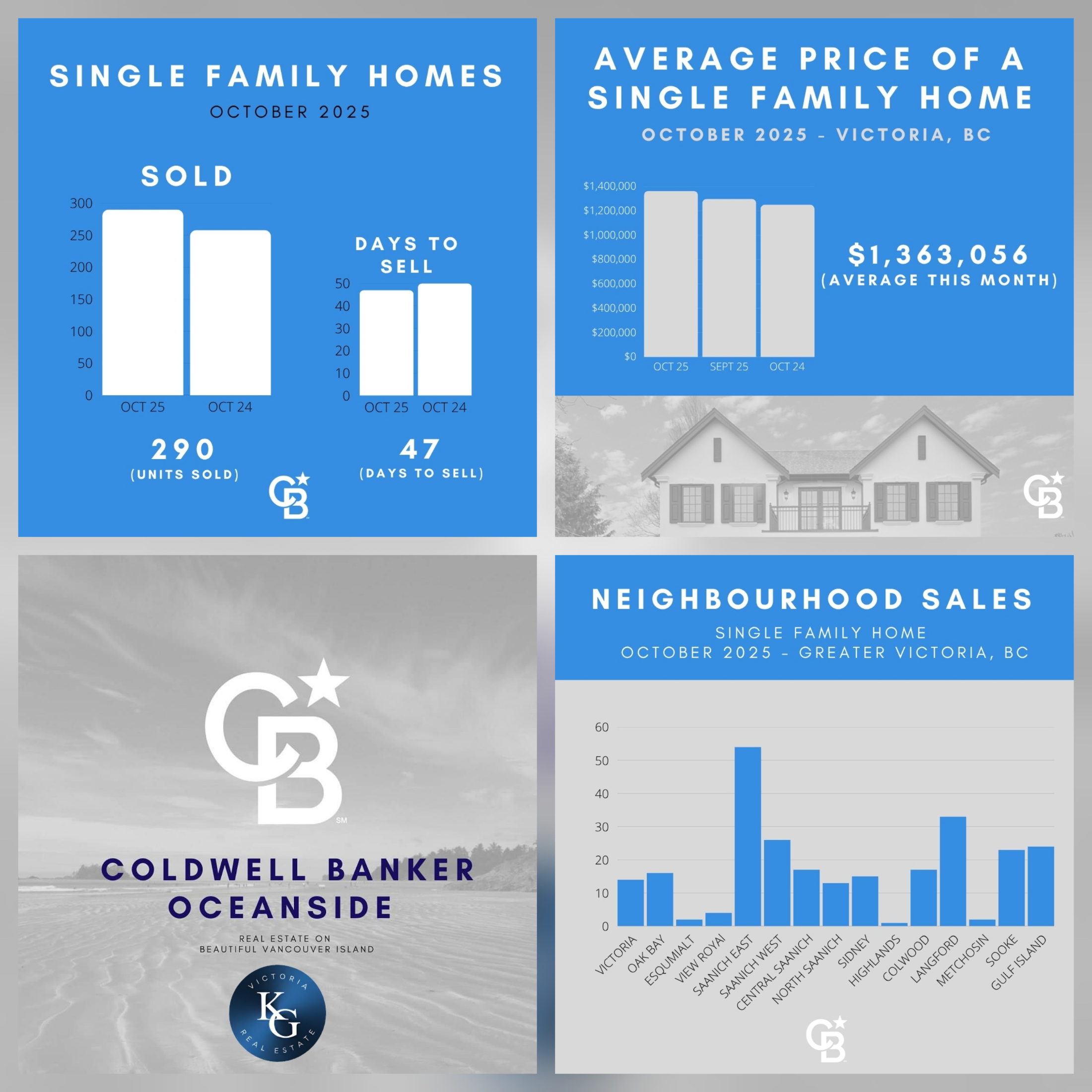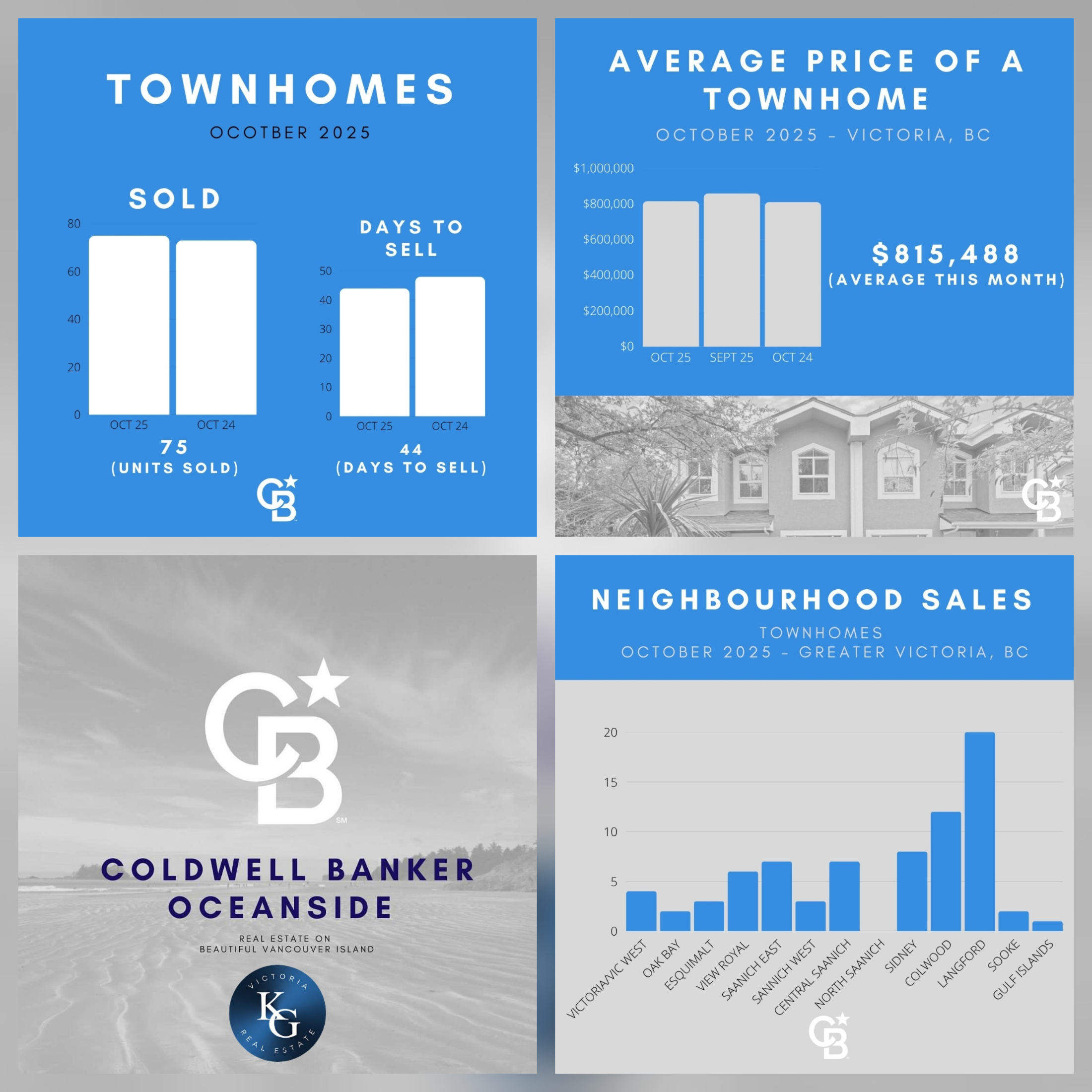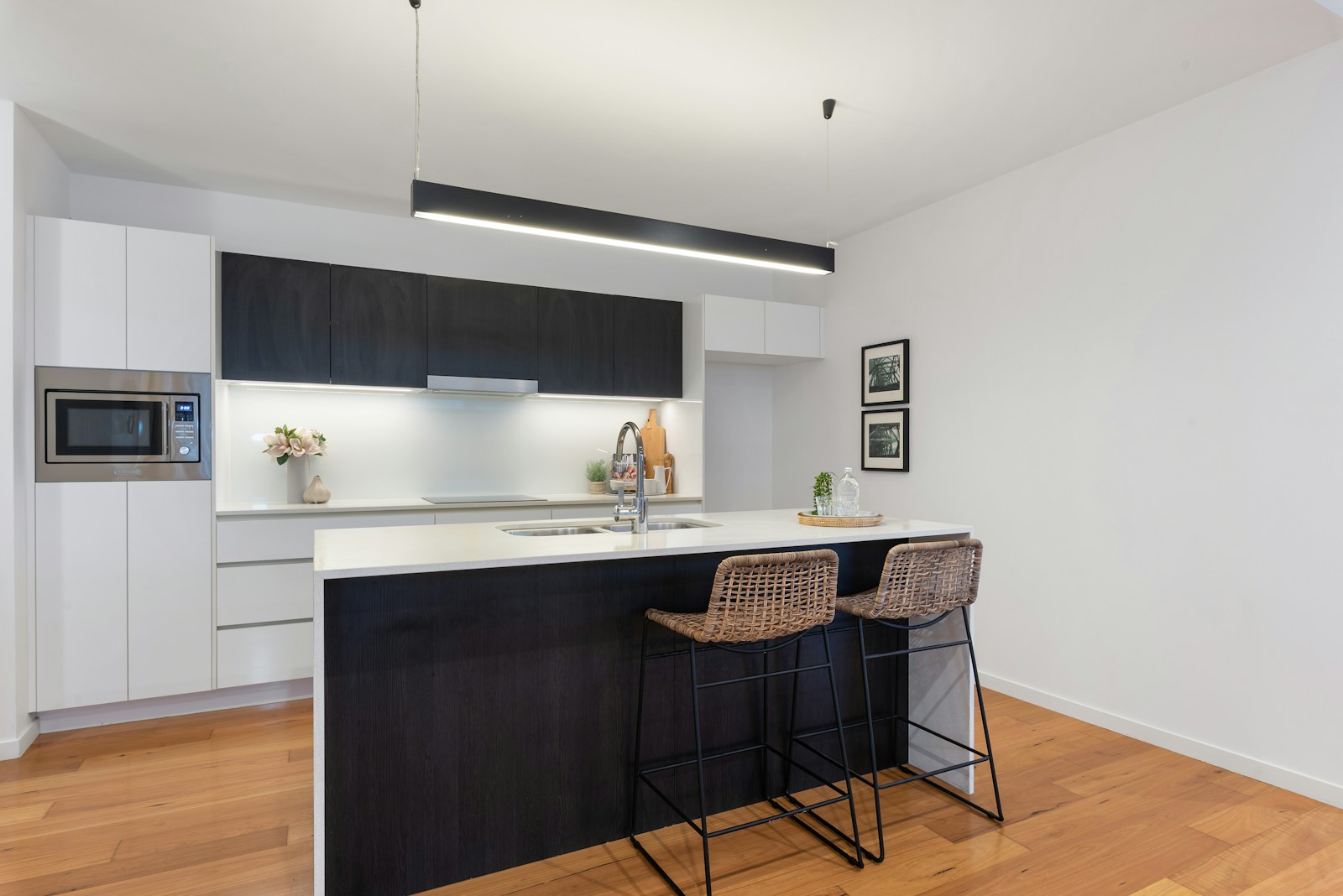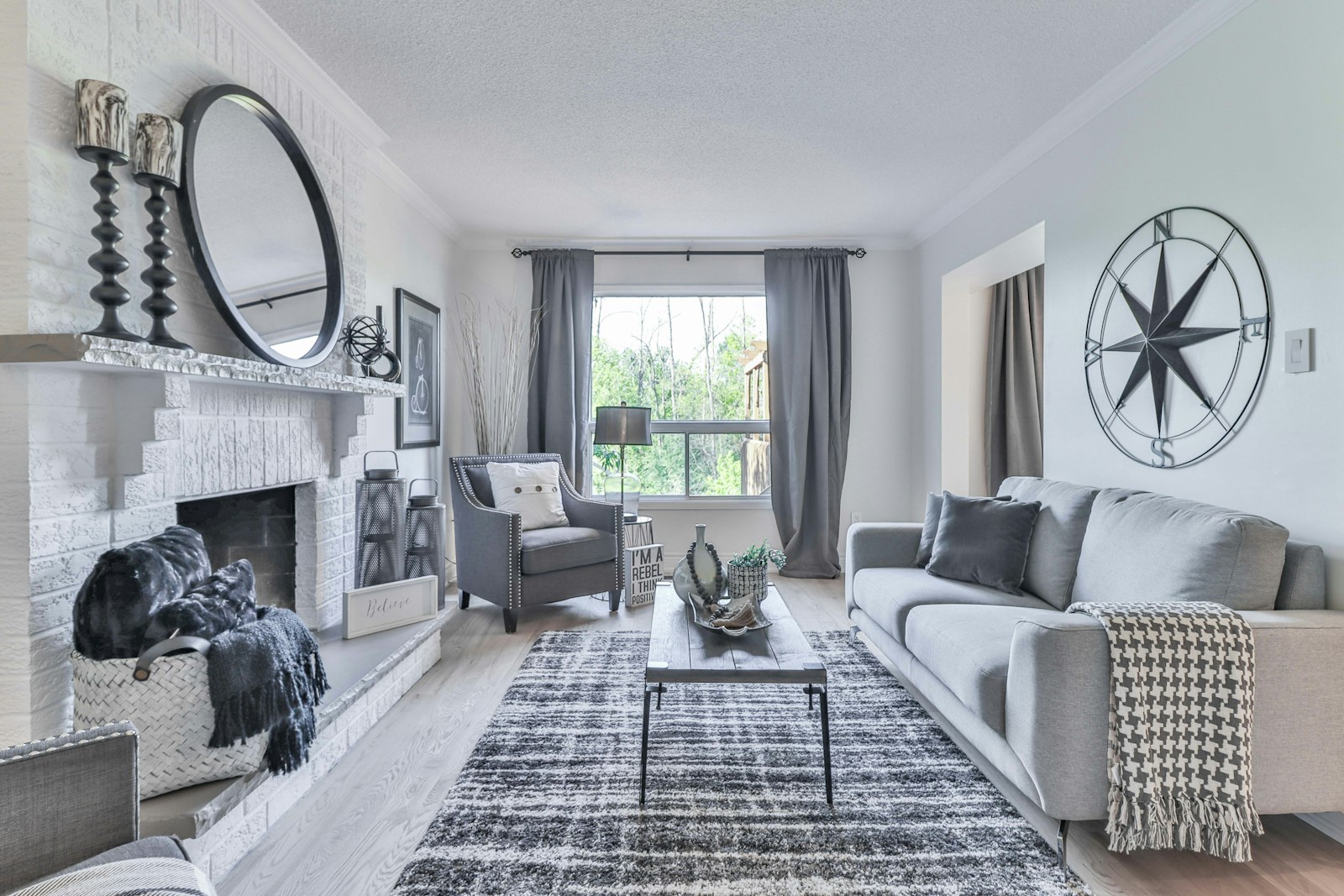Selling a home can be an exciting, yet stressful experience, especially if you’re trying to maximize the value of your property. Many sellers are eager to get their homes on the market, but without proper planning, they can easily fall into avoidable traps that could hinder a successful sale. As a realtor who has been serving South Vancouver Island for nearly a decade, I've seen firsthand how small missteps can make a significant difference in a transaction.
In this blog post, we’ll go over five common mistakes sellers make and offer practical advice on how to avoid them. Whether you’re selling a single-family home, a condo, or a townhouse, these tips will help you attract the right buyers, maximize your profit, and streamline the selling process.
1. Overpricing the Home
The Mistake:
It’s common for homeowners to feel that their home is worth more than the market dictates. Emotional attachment, the time invested in personal upgrades, and sentimental value can cloud a seller’s judgment. As a result, some sellers tend to overprice their property, thinking that buyers will negotiate down.
The Consequence:
When you price your home too high, you significantly reduce your pool of potential buyers. The property may sit on the market for longer than anticipated, eventually becoming a “stale” listing. Buyers often perceive homes that have been on the market for an extended period as problematic, even if they aren't. You may be forced to reduce the price over time, but by then, the excitement for your property could have waned, potentially leading to offers below its actual market value.
The Solution:
Work with a professional realtor who understands the local market and has access to recent comparable sales (also known as “comps”) in your area. A thorough market analysis will give you an accurate picture of what your home is truly worth, and you can price it competitively right from the start. A well-priced home will attract more buyers and generate interest quickly, possibly leading to multiple offers and a sale at or above asking price.
2. Failing to Prepare the Home for Sale
The Mistake:
Some sellers believe that their home can be sold “as is” without any preparation. This mindset can lead to homes being presented with clutter, outdated features, or even noticeable repairs that need attention. While your home may have been functional for your family, buyers often want to envision their own lives in the space, and that can be hard to do in a poorly staged or unkempt home.
The Consequence:
A home that isn’t properly prepared for sale can deter buyers and result in lowball offers. Buyers will focus on the cost of repairs, renovations, and updates they’d need to make and may factor that into their offer. In some cases, potential buyers may overlook the home altogether, favoring properties that are move-in ready.
The Solution:
Make a great first impression by preparing your home for sale. This includes:
- Decluttering and depersonalizing: Remove personal items like family photos and any unnecessary furniture to make the space feel bigger and allow buyers to envision their own belongings in the home.
- Repairs and maintenance: Fix any obvious issues such as leaky faucets, peeling paint, or broken fixtures. Small cosmetic improvements can go a long way.
- Home staging: Consider hiring a professional stager to enhance the home’s appeal. If that’s not in your budget, at least clean thoroughly and arrange furniture in a way that maximizes space.
In some cases, a fresh coat of neutral paint and a little landscaping can dramatically boost curb appeal and attract more buyers.
3. Neglecting to Market the Home Properly
The Mistake:
Some sellers assume that listing their home on a few major real estate websites will be enough to attract offers. While online visibility is important, it’s not the only aspect of a successful marketing strategy. Without professional photos, detailed descriptions, and a multi-platform approach, your home may not get the attention it deserves.
The Consequence:
Limited marketing can lead to fewer showings and, in turn, fewer offers. Your home might not reach the right buyers, or it may not stand out among competing properties in the area. Without a strong marketing plan, your home could sit on the market longer, and you may ultimately need to lower the price to attract interest.
The Solution:
A comprehensive marketing strategy is key to selling your home quickly and for the best price. Your realtor should:
- Use professional photography: High-quality photos are essential for making your listing stand out online. Many buyers make their first impression based solely on photos, so it’s crucial that your home looks its best.
- Write compelling descriptions: A detailed, engaging description that highlights your home’s key features (e.g., upgrades, location, schools, and amenities) will help attract potential buyers.
- Utilize social media and multiple listing services (MLS): A good realtor will promote your home on various platforms, including real estate websites, social media, email campaigns, and possibly even print advertising.
- Host open houses and virtual tours: These events provide prospective buyers an opportunity to see the home in person or virtually, further increasing exposure.
4. Being Emotionally Attached to the Home
The Mistake:
It’s natural to have an emotional attachment to your home, especially if you’ve lived there for many years, raised a family, or completed significant renovations. However, letting your emotions influence the sale can lead to irrational decisions, such as rejecting reasonable offers or getting offended by buyer feedback.
The Consequence:
Being overly emotional can cloud your judgment during negotiations. You might be tempted to hold out for an unrealistic offer or refuse to make concessions that could close the deal. Buyers may walk away if they feel the seller isn’t flexible or reasonable, leaving your home on the market for longer and potentially selling for less than its worth in the end.
The Solution:
Selling your home is a business transaction. While it’s easier said than done, try to detach emotionally and focus on the end goal. Trust your realtor to handle the negotiations and guide you through the process objectively. Remember that the buyer will be seeing your home with fresh eyes, and their vision for it may be different from your own.
5. Not Being Flexible with Showings
The Mistake:
Some sellers make the mistake of being overly restrictive with showings. Whether due to work schedules, family routines, or privacy concerns, limiting the availability of your home for viewings can turn away serious buyers.
The Consequence:
In a competitive market, buyers often view multiple homes in a short period of time. If your home isn’t available for a showing when a buyer is ready, they may move on to another property. If you consistently limit showing opportunities, you reduce the chances of your home being sold quickly.
The Solution:
Make your home as accessible as possible for potential buyers. Try to accommodate all reasonable showing requests, even if it means temporarily adjusting your schedule. Consider vacating the home during showings to give buyers the space to explore without feeling rushed or uncomfortable. The more buyers who can see your home, the better your chances of receiving an offer.
Conclusion
Selling a home is a complex process that requires careful planning, attention to detail, and flexibility. By avoiding common mistakes like overpricing, failing to prepare your home, neglecting marketing, letting emotions drive decisions, and limiting showings, you can set yourself up for a smoother and more successful sale.
Are you thinking about selling your home in South Vancouver Island? I’d love to help you navigate the process. Let’s work together to avoid these pitfalls and make your home sale a success. Feel free to leave a comment below with any questions or share your own home-selling experiences!
Contact me today to discuss your real estate goals, and let’s get your home sold!

























